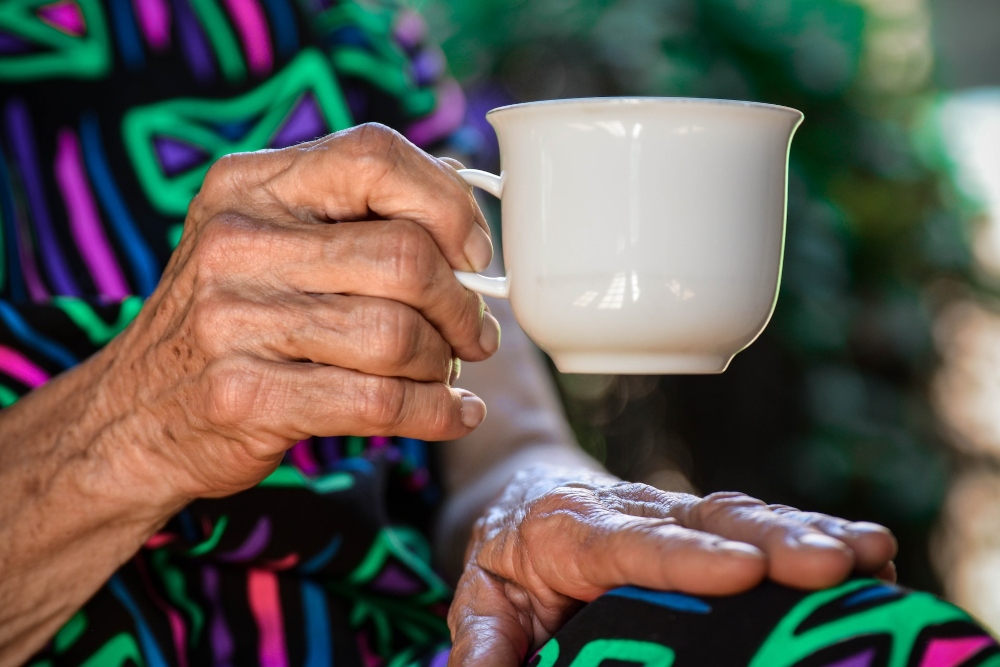New Research Reveals Hand Skills Can Improve with Time, Defying Aging Myths
Breaking research from the University of Colorado Boulder challenges the common belief that hand skills inevitably decline with age. According to a groundbreaking study conducted researchers at the university, fingers that appear to lose their nimbleness in everyday activities can regain their dexterity. This research shows that manual dexterity, the ability to skillfully use hands, can actually improve over time.
The research team, led first author Sajjad Daneshgar, along with co-authors Taylor Tvrdy and Professor Roger Enoka, worked with more than two dozen study participants aged 60 to 83. Their goal was to investigate whether manual dexterity could be enhanced through practice and time. The results of the study were nothing short of astonishing.
During six sessions, the participants were given a grooved pegboard exercise. This exercise required them to fit small, keyhole-shaped metal pegs into 25 holes on a board as quickly as possible. The challenge was that the keyholes had different orientations on the board, making the task difficult.
Participants not only had to manipulate the pegs with their fingers but also had to fit them precisely into the holes. Although this may seem like a simple game, it is a complex process that involves coordination between the mind and muscles.
Lead author Daneshgar explained that the mind’s cognition and learning abilities are closely linked to muscle dexterity. The researchers have observed the relationship between cognitive processes, muscular activity, and the nervous system. They have found that the mind controls physical function, and through extensive research, they have discovered that the brain can improve manual dexterity.
An interesting finding from the study was the case of a 67-year-old woman who used to play the piano in her youth. Despite the average time to complete the pegboard exercise being between 40 and 50 seconds, she completed it in just 36 seconds, even faster than some of the researchers. This suggests that activities performed earlier in life, such as playing a musical instrument or engaging in sports like rock climbing, can have a lasting positive impact on manual dexterity. The brain retains its memory of controlling those muscles.
Furthermore, the study found that even those without a history of such activities could benefit from practice. All participants, regardless of their initial performance, improved their pegboard times the end of the study. Daneshgar emphasized that signals from the brain control function and that practicing aids learning.
This research not only challenges the belief in the decline of manual dexterity with age but also questions the traditional way of categorizing individuals’ performance based on chronological age during their later years. The study was published in the journal Med Sci Sports Exerc.
The findings of this study have significant implications for understanding the potential for improving hand skills in later life. It offers hope that individuals can maintain or even enhance their manual dexterity with practice and time.

